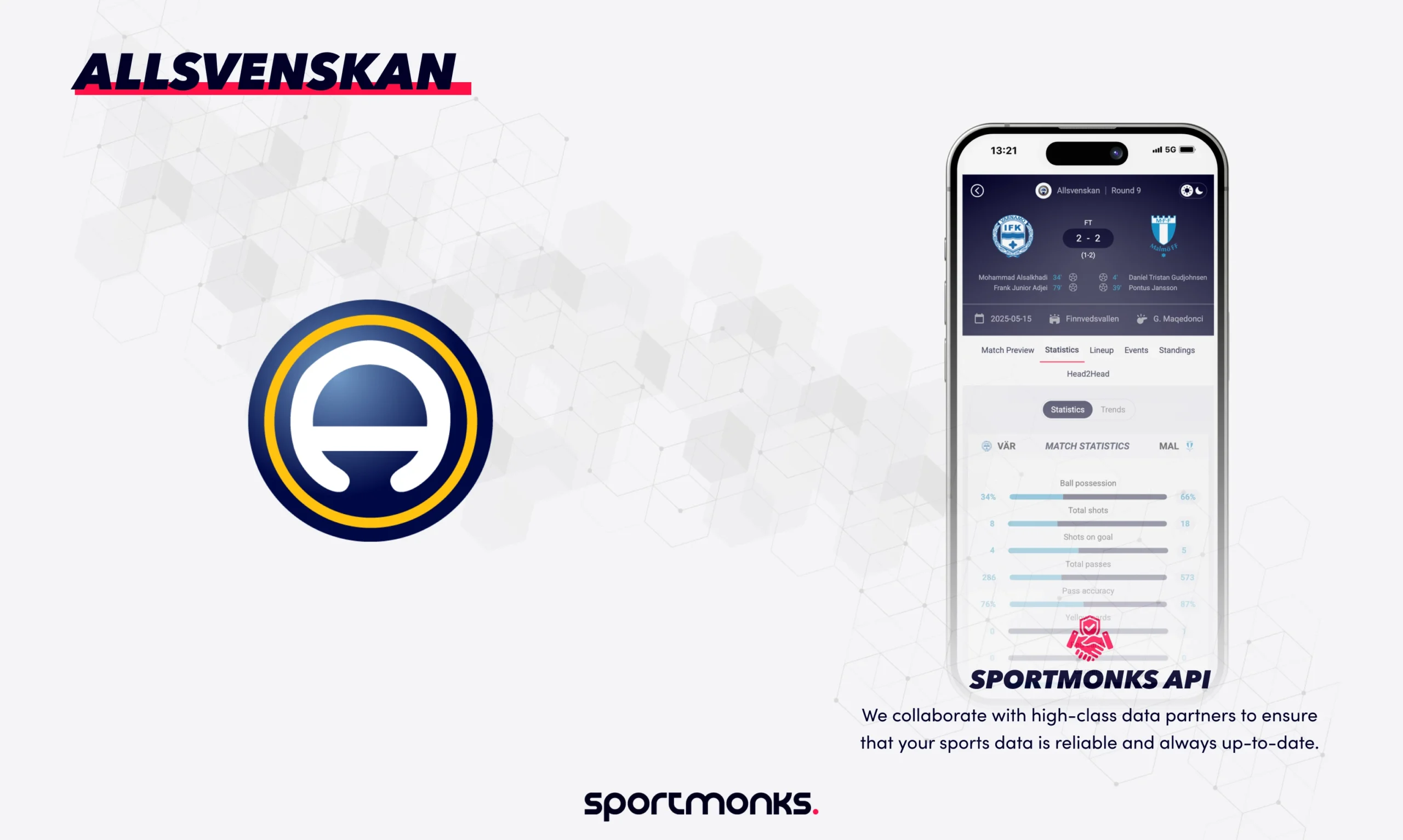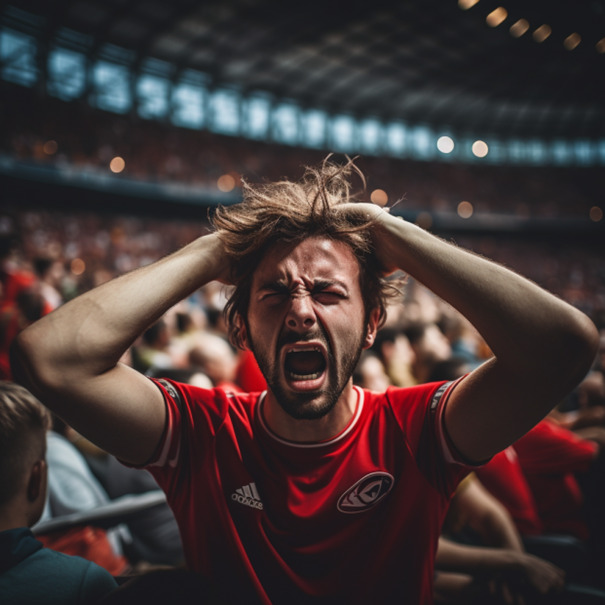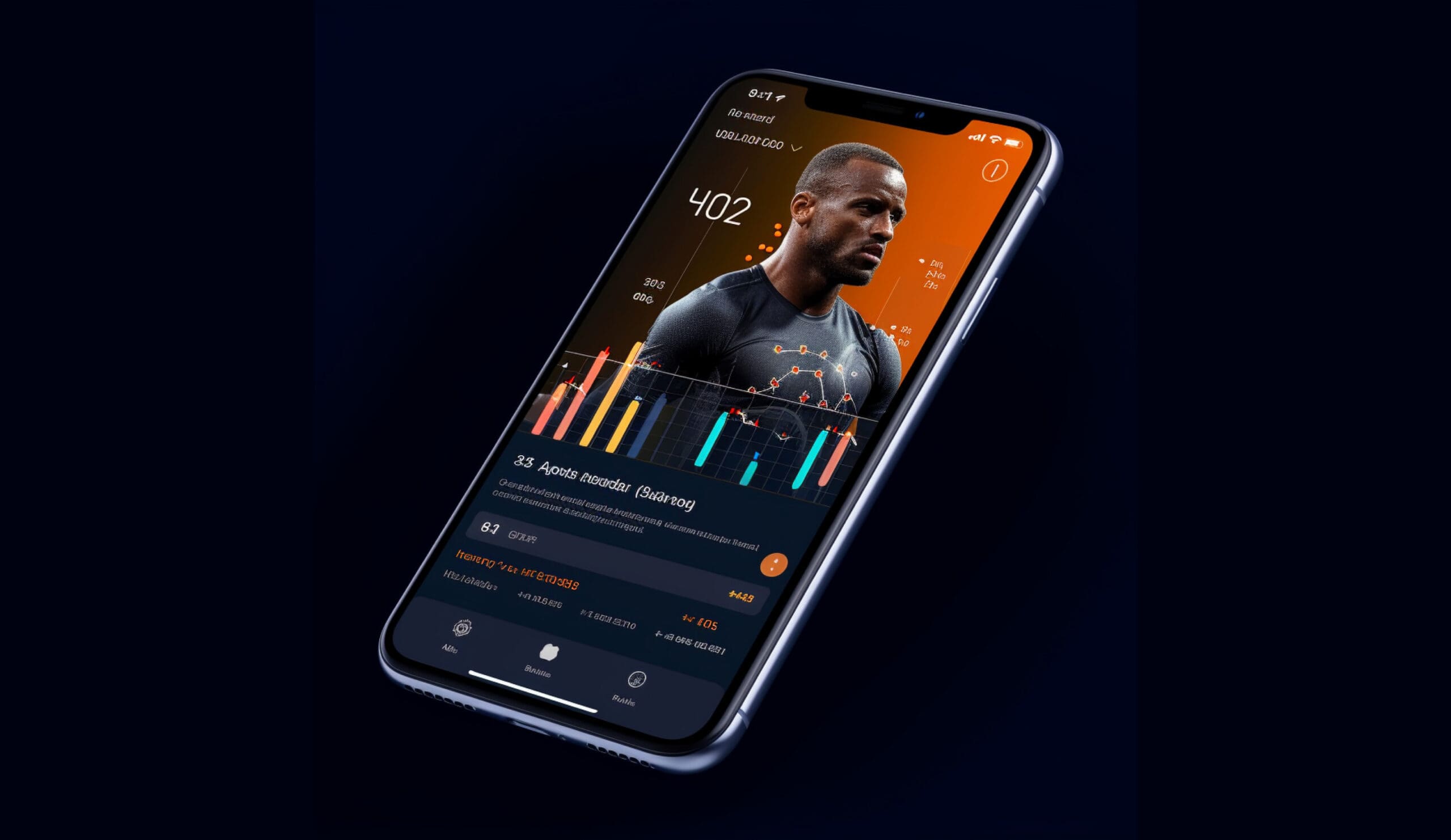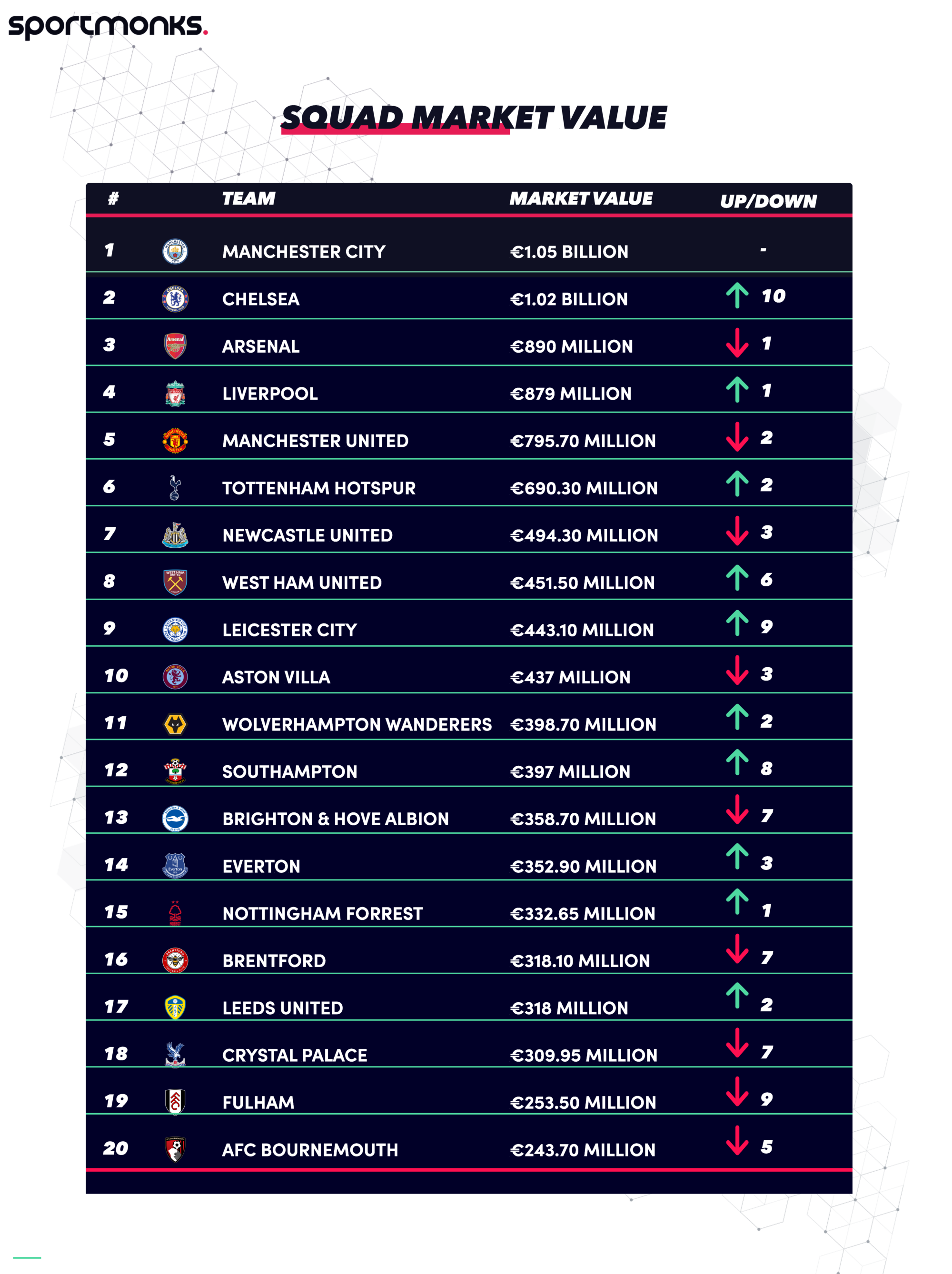
Contents
The Swedish Allsvenskan’s history
The Swedish Allsvenskan, Sweden’s top football league, was officially launched in the 1924–25 season, marking the start of a unified national competition. Before this, Swedish football relied on regional tournaments and the Svenska Mästerskapet (since 1896), but the Allsvenskan brought structure and prestige, with GAIS winning the inaugural title.
Early heavyweights like IFK Göteborg, Malmö FF, AIK, and IFK Norrköping shaped the league’s identity, winning titles and building passionate fan bases. Malmö FF’s 1940s success set high standards, while Stockholm derbies between AIK and Djurgårdens IF created fierce matchups.
The Allsvenskan evolved from a 12-team format to 16 teams by 2008, with experiments like playoffs in the 1980s later abandoned. The shift from amateurism to professionalisation in the 1970s, helped by broadcasting revenue, improved quality.
Competition structure
The Swedish Allsvenskan currently features 16 teams that compete in a double round-robin format. This means that each team plays every other team twice – once at home and once away – for a total of 30 matches per season. The season typically spans from late March or early April to late October or early November, avoiding the harsh Scandinavian winter.
Points system
Teams are awarded three points for a win, one point for a draw, and zero points for a loss. At the end of the season, the team with the most points is crowned the Swedish champion
Promotion and relegation
– The two teams finishing at the bottom of the Allsvenskan table are directly relegated to the Superettan, the second tier of Swedish football.
– The team finishing in 14th place (third from bottom) enters a two-legged relegation playoff against the third-placed team from the Superettan to determine which club will play in the Allsvenskan the following season.
– The top two teams from the Superettan are automatically promoted to the Allsvenskan for the next season.
European qualification
The top teams in the Allsvenskan qualify for UEFA club competitions based on Sweden’s league coefficient ranking.
– The champion qualifies for the UEFA Champions League second qualifying round.
– The runners-up and the third-placed team qualify for the UEFA Europa Conference League second qualifying round.
– The winner of the Svenska Cupen (Swedish Cup) also qualifies for the UEFA Europa Conference League second qualifying round. If the Swedish Cup winner has already qualified for a European competition through their league position, the next highest-placed league team that has not yet qualified will take the Europa Conference League spot.
Why the Swedish Allsvenskan is important
The Swedish top division is important for the following reasons.
– Getting to the ultimate goal: Winning the Allsvenskan title is the ultimate domestic achievement for any football club in Sweden. It shows dominance over an extended period against the best teams in the country.
– Playing on a bigger stage: It is a way to compete in UEFA club competitions, including the Champions League and the Europa Conference League. When a team qualifies for these tournaments, it creates a new finance stream for them via sponsorships and viewerships and also brings attention to that team.
– A fertile ground for developing youngsters: The league helps nurture Swedish footballing talent. It creates an environment for young players to develop their skills and gain first-team experience. Many players like Zlatan who became key figures in the Swedish national team improved their abilities in the Allsvenskan.
Important parts of the Allsvenskan history
The Swedish Allsvenskan has had multiple iconic clubs and talented players who have left a legacy on Swedish football. Some of them, include:
Notable clubs
IFK Göteborg: One of the most successful clubs in Allsvenskan history, with 18 league titles and two UEFA Cup wins in 1982 and 1987, making them the only Nordic club to have won a pan-European competition.
Malmö FF: Another dominant force, boasting 24 league championships and notable runs in the European Cup (now Champions League), including reaching the final in 1979.
AIK: A club with a passionate fanbase and a rich history, AIK has secured multiple Allsvenskan titles and remains a major contender in Swedish football.
IFK Norrköping: A historically significant club with a strong track record in the early and mid-20th century. They have won 13 Swedish championships, with 11 titles between 1942 and 1963, and their most recent title in 2015.
Djurgårdens IF: Based in Stockholm, Djurgårdens has experienced periods of success and boasts a dedicated following. They have won the Allsvenskan title 12 times, including the most recent win in 2019.
Hammarby IF: Another Stockholm-based club with one of the most passionate and largest fanbases in Sweden, experiencing a resurgence in recent decades. They are even part owned by Zlatan Ibrahimović, a Swedish football legend.
Key players
Zlatan Ibrahimović: Arguably the most famous Swedish footballer of all time, Ibrahimović began his professional career at Malmö FF before moving on to global stardom (Ajax, PSG, Barcelona, Inter, Juventus, Man United, LA Galaxy). His early performances in the Allsvenskan showed his great talent.
Henrik Larsson: A legendary Swedish striker who had successful spells at clubs like Feyenoord, Celtic, Barcelona, and Manchester United. Larsson started his professional journey in the Allsvenskan with Helsingborgs IF.
Gunnar Nordahl: One of the greatest Swedish players of all time, Nordahl was a prolific goalscorer who starred for IFK Norrköping before his illustrious career in Italy where he scored over 200 goals.
Kurt Hamrin: Another iconic Swedish forward, Hamrin played for AIK before achieving fame in Italy.
Ralf Edström: A key striker for the Swedish national team in the 1970s, Edström played for clubs like Åtvidabergs FF and IFK Göteborg in the Allsvenskan.
Anders Svensson: A long-serving midfielder and captain for IF Elfsborg, Svensson holds the record for the most appearances in the Allsvenskan with 445.
Memorable moments in Europe for Swedish teams
Despite never having won a major UEFA club competition, Swedish teams have created numerous memorable moments on the European stage. Here are some highlights:
Malmö FF’s journey to the European cup final (1979)
In what is widely considered the height of Swedish club football in Europe, Malmö FF, against all odds, reached the final of the European Cup (now the Champions League). Victories against Monaco, Dynamo Kyiv, Wisła Kraków, and Austria Wien propelled them to the final in Munich against Nottingham Forest. While they ultimately lost 1-0 to a Trevor Francis goal, Malmö’s improbable run remains a legendary achievement and the only time a Swedish club has reached the final of Europe’s most prestigious club competition.
IFK Göteborg’s UEFA cup triumphs (1982 & 1987)
IFK Göteborg boasts the distinction of being the only Swedish club to win a major UEFA trophy, lifting the UEFA Cup twice. In 1982, a young and talented Göteborg side, led by manager Sven-Göran Eriksson, defeated German giants Hamburger SV 4-0 on aggregate in a stunning final performance. Five years later, in 1987, IFK Göteborg repeated the feat, this time overcoming Scottish side Dundee United 2-1 on aggregate, further cementing their place in European football folklore.
Östersunds FK’s Europa league fairy tale (2017-18)
Under the management of Englishman Graham Potter, Östersunds FK, a relatively small club, embarked on an unforgettable journey in the UEFA Europa League. After navigating the qualifying rounds, they impressively progressed through their group, which included Athletic Bilbao and Hertha Berlin. They then overcame Arsenal at the Emirates Stadium in the Round of 32, a historic victory that captured the imagination of football fans across Europe.
AIK’s Champions league group stage appearance (1999-2000)
AIK became the second Swedish club to reach the group stage of the UEFA Champions League in the 1999-2000 season. While they faced tough opposition in Barcelona, Arsenal, and Fiorentina, their participation at this elite level was a significant achievement for the club and Swedish football.
How Sweden’s weather shapes the Allsvenskan season
For those used to the consistent warmth, the Scandinavian climate presents an opposite and influences the Swedish Allsvenskan. The weather dictates the league’s structure and presents unique challenges.
The short but intense summer season
To maximise daylight and avoid harsh winters, the Allsvenskan runs from late March/early April to late October/early November. This compressed schedule increases fixture congestion and demands squad depth, unlike leagues with longer playing periods.
Playing on varied surfaces
Early season matches can be on pitches recovering from winter, while late games face colder, wetter conditions. Some clubs utilise artificial pitches, which behave differently than natural grass depending on the temperature. Teams often adapt tactics based on these varying surfaces throughout the year.
The cold
Even outside peak winter, early spring and late autumn games can be affected by cold temperatures, frost, and occasional snow. These conditions impact ball movement and player traction.
The forced winter break
The severe Swedish winter makes a lengthy off-season necessary, significantly impacting player fitness and makes a mini pre-season important. This extended break differs from leagues with milder climates and continuous play.
Fan dedication in the chill
Despite often cold conditions, Swedish fans show remarkable dedication by attending matches, a testament to their passion in a climate unlike the constant warmth experienced in.
Bring football data to life with Sportmonks
Want to create a football app your audience loves? With the Sportmonks Football API, you can quickly access live scores, detailed player stats, and accurate match information from thousands of leagues worldwide. It’s easy to integrate and ideal for apps, betting platforms, or fan websites. Give your users the live data they crave and try Sportmonks today.




![Football APIs: How to select the right football data provider [2025]](webp/blog-how-to-select-the-right-football-data-provider-2025-2-scaled.webp)